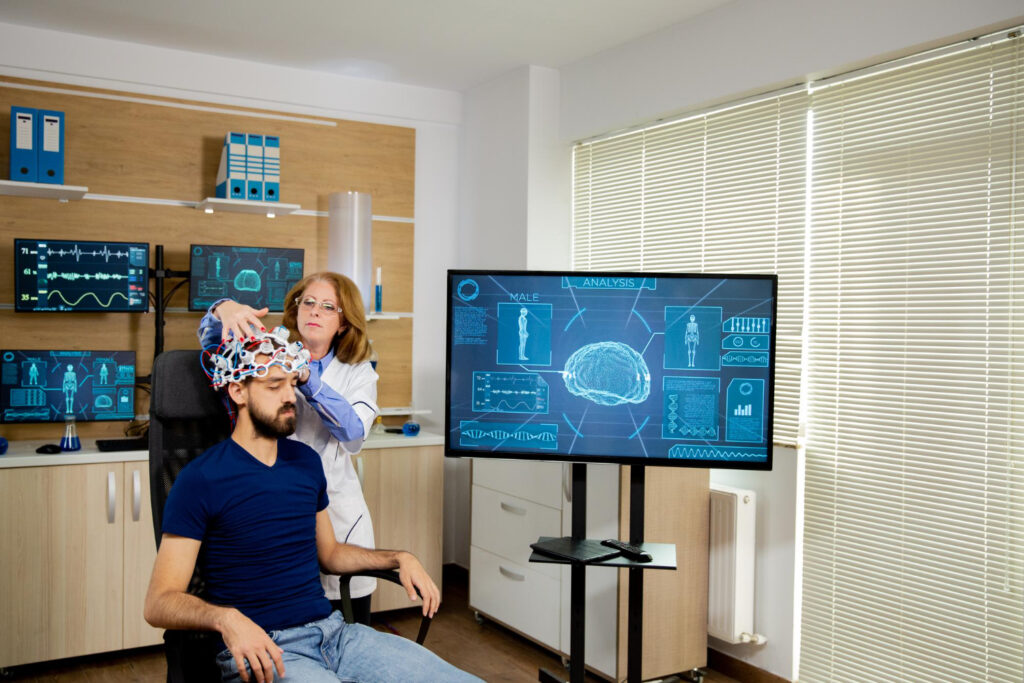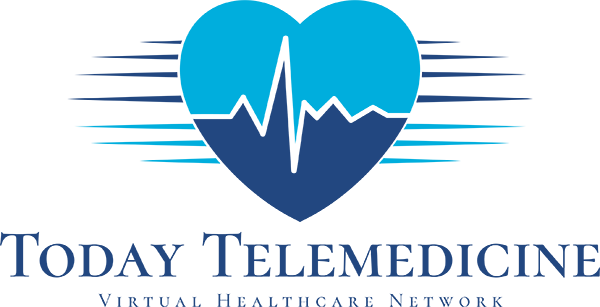Get to Know Yourself - Personality Testing
We provide personality testing here at Today Telemedicine.
The purpose of a personality test is to determine a person’s personality type.
Personality tests are helpful for self-awareness, personal development, and career planning. Whether you’re considering furthering your education, making career decisions, or simply wanting to explore your own psyche, our personality testing service provides the clarity you need.
Just like how we casually describe our own or others’ personalities, psychologists take a more structured and scientific approach to analyze and assess personality traits.
A series of questions is answered in personality testing to measure various aspects of your personality.
Using the results, you can gain a deeper understanding of your personality traits. Notably, there are no right or wrong answers in these tests, they simply reveal your unique personality profile.
Some of the most popular ones include:
- The Enneagram Test
- Big Five Inventory
- Myers-Briggs Type Indicator (MBTI)
- 16 Personality Factor Questionnaire
- HEXACO Personality Inventory-Revised
- Minnesota Multiphasic Personality Inventory (MMPI)
These tests are built upon various psychological theories and beliefs.
If you want a comprehensive understanding of your personality, more extended tests are usually better.
Choosing a test that measures several personality dimensions is often more insightful than one that measures just one.

Primary Types of Personality Tests
Self-Report Inventories
These objective tests use multiple-choice questions or numbered scales to assess personality traits. You rate how healthy statements apply to you, usually on a scale from 1 (strongly disagree) to 5 (strongly agree).
Projective Tests
Personality tests have a wide range of applications. For example,
Understanding Changes in Personality
Supporting Psychological Theories
Diagnosing Psychological Issues
Assessing the Effectiveness of Therapies
In child custody disputes, forensic risk assessment, competency evaluations, school psychology, employment screening, clinical psychology, and relationship counseling, personality tests play a significant role.
Tips for Accurate Personality Testing
The following tips will help you ensure accurate results from your personality test:
Read Instructions Carefully: Each test has specific guidelines for meaningful results.
Be Honest and True to Yourself: Honesty in responses demonstrates reliability.
Avoid Trying to 'Beat the Test': There are no right or wrong answers; be genuine.
Stay Focused and Avoid Distractions: Take the test with a clear, distraction-free mind.
Balance Your Responses: Take a balanced approach that reflects who you are.
Let Majority Rule: Base answers on what applies to you most of the time, even if multiple options seem relevant.
The Advantages of Personality Testing
Personality tests are more than just entertainment; they give you valuable insights into your strengths and weaknesses.
You can improve yourself by identifying areas where you can improve. A personality test offers a number of benefits.
Personal Development
Guiding Life Aspirations
Discovering Kindred Spirits
Personality testing can help you connect with like-minded people who share your interests and values.
Harnessing Strengths for Future Success
A personality test helps you identify your strengths and leverage them for success.
Fostering Acceptance
Enhancing Coping Skills and Empathy
Understanding your responses to challenges can improve your coping mechanisms and deepen your empathy towards others.
Promoting Effective Communication
These tests facilitate not only interpersonal communication with others but also intrapersonal communication within yourself.
Explore Personality Testing with Today Telemedicine
Our professional and accessible personality testing allows you to gain a deeper understanding of your strengths, preferences, and potential areas for growth.

Connect With Us
We’d love to hear from you! Request an appointment
using our convenient appointment request form or call us today at (800) 951-8257.
Designed and Developed by Devops Align © 2024 TODAY TELEMEDICINE | All Rights Reserved.


